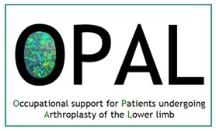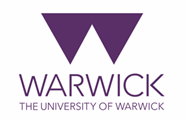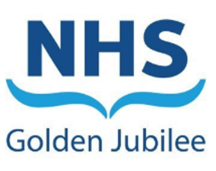OPAL: Occupational support for Patients undergoing Arthroplasty of the Lower limb trial
Hip and knee joint replacements relieve pain and improve function in patients with arthritis. One in four patients are in work at the time of their surgery, but recovery time varies considerably. Patients receive little or no return-to-work support from their hospital or GP. We developed an ‘occupational’ (back-to-work) programme (known as OPAL) that supports return-to-work after surgery. The OPAL programme provides personalised, targeted support for people in a range of jobs. This includes a variety of resources to help them plan their return-to-work, and one-on-one support. We will compare the OPAL occupational support programme against standard care to find out if the programme helps to reduce the length of time until return-to-work and normal activities.
We aim to recruit 742 working adults from a minimum of 14 UK hospitals, who are listed for elective primary hip or knee replacement and intend to return to work after surgery. Consenting participants will be randomly assigned to receive either the OPAL support programme or standard care. Participants will complete questionnaires for 12 months following surgery in relation to when and how they return to work, and normal activities. We will also ask what those receiving and delivering the OPAL programme think about it, and their opinion on the effectiveness of the programme. Data from the questionnaires and interviews will help us to find out if there is a difference between the groups in time to return work, the speed and quality of recovery, and if there is a need for additional workplace support. We will also find out if the cost of care differs between the two groups, to determine whether one is better value for money for the NHS.
Privacy Notice: How we use your research data
Funding
| Funders(s): | NIHR Health Technology Assessment. HTA Project Number: NIHR133880 |
|---|---|
| Start Date: | June 2022 |
| End Date: | January 2026 |
Members
YTU Team:
- Lesley Sinclair – Trial Manager
- Ada Keding - Statistician
- Joy Adamson – Collaborator
- Catriona McDaid – Collaborator
- Catherine Hewitt – Collaborator
- Lucy Sheehan – Trial Coordinator
- Lucy Atha - Trial Coordinator
- Izzy Briggs - Trial Support Officer
- Ann Hewison - Qualitative Researcher
External Members:
- Paul Baker - South Tees Hospitals NHS Foundation Trust
- Avril Drummond – The University of Nottingham
- Lucksy Kottam - South Tees Hospitals NHS Foundation Trust
- Ira Madan - Guy's and St Thomas' NHS Foundation Trust
- Toby Smith - University of Warwick
- Louise Thomson - The University of Nottingham
- David McDonald – NHS Golden Jubilee
- Mike Reed - Northumbria Healthcare NHS Foundation Trust
- Marion Archer – PPI Member
- Carol Jordan – PPI Member
Contact Us
York Trials Unit Team - opal-group@york.ac.uk
Information on the trial can also be found at the following link:







